Fernando Alonso has said he feels F1 is less "heroic" than it was when he made his debut, with the cars being "easier" to drive for the current generation.
The 42-year-old started his career in F1 in 2001, and his recently-renewed Aston Martin deal runs until the end of the 2026 season, extending his tenure in the series into yet another generation of cars.
With the evolution of F1, which has become considerably more technologically developed since Alonso's debut, the Spaniard's comments suggest he no longer sees the "respect" he felt in that first season with Minardi.
“It is, in a good way, easier for the drivers of this generation to drive Formula 1 cars," The two-time drivers' champion told The Times.
"Whereas before it was more heroic. It’s a strange feeling, not a sad one, but I remember when I made my debut and I came to an event, I saw this respect towards me and I was one of those heroes that drove these super-fast cars.
"Now when there is a young driver that makes their debut at 16 or 17 years old, it seems that it is easier for everyone. We lost a little bit of that heroic thing we had before.”
Viewed by others:
Although F1 has long been reliant on data, an ever-increasing access to it has turn changed how teams and drivers approach racing, which is seemingly less predicated on feel and more contingent upon information than ever before.
“I remember when I got to Formula 1 20 years ago, the engineer was not able to explain anything to me about the car,” Alonso contended. “Drivers should be able to know how to drive the car."
Drilling into the detail of how much more advanced F1 is compared to his early seasons in the championship, the Aston Martin driver highlighted the importance of the track walk.
It is a quickly fading ritual, with some current drivers confessing they do not always do one, as was traditionally customary on the Thursday of a race weekend.
“We didn’t have simulators, so every track I went to, I had to learn it the day before by walking," he explained.
"Now, drivers are very well prepared, they have 200-300 laps on a circuit that they will race, so they know perfectly every bump, every corner, every kerb.
"The teams are now much more sophisticated so they can tell the driver how to brake in that corner, how to warm up the tyres, how to prepare for qualifying, how to drive in the race.
Also interesting:
Join Ian Parkes, Samuel Coop and Nick Golding in the latest episode of the RacingNews365 podcast, looking ahead to this weekend's Spanish Grand Prix.
The trio discuss how significant this weekend is in the title fight, whether Red Bull's advantage will return and if Andrea Kimi Antonelli will now make his F1 debut at just 17 years old. Much, much more is also discussed!
Rather watch then listen to our podcast? Click here.
Most read
In this article
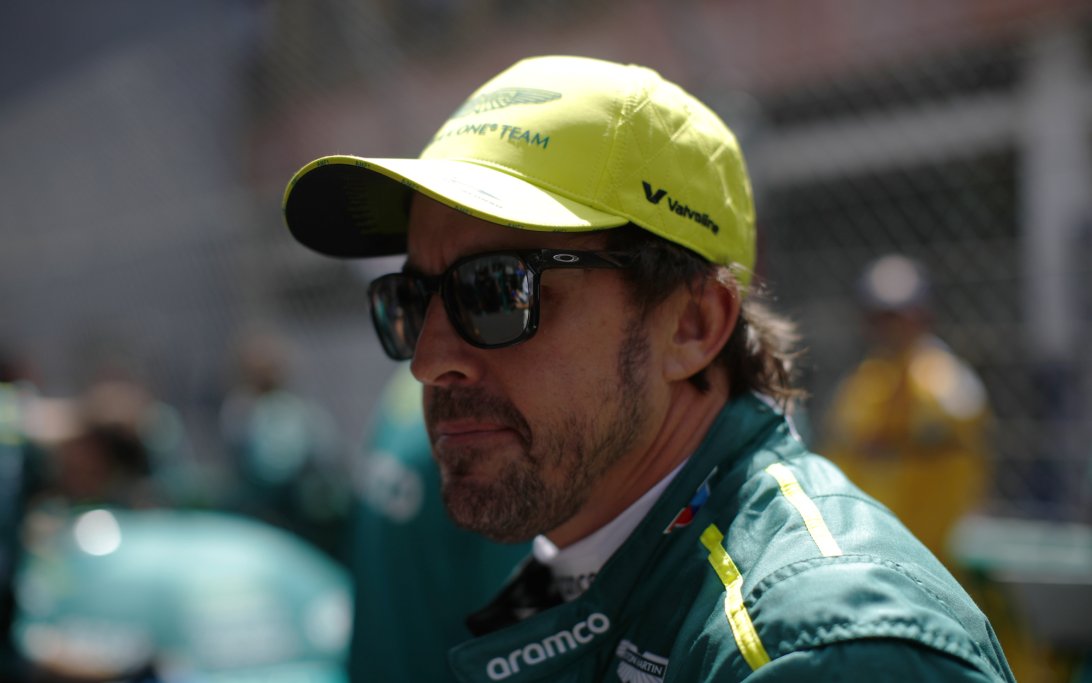
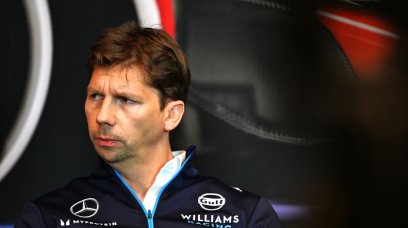




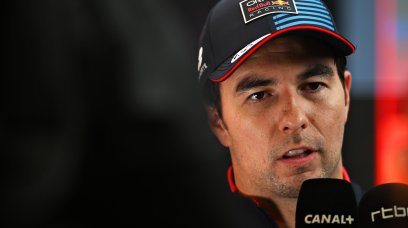

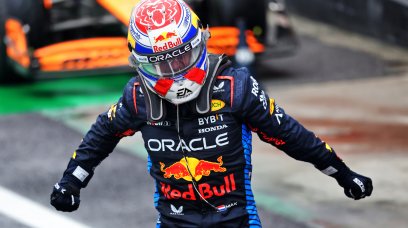
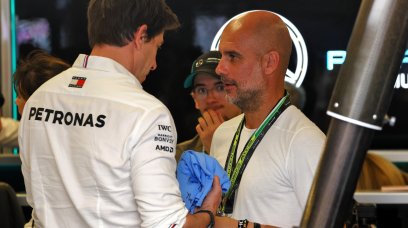
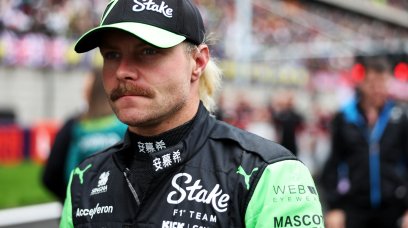
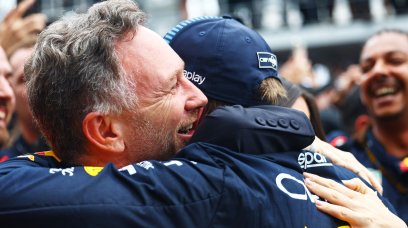












Join the conversation!